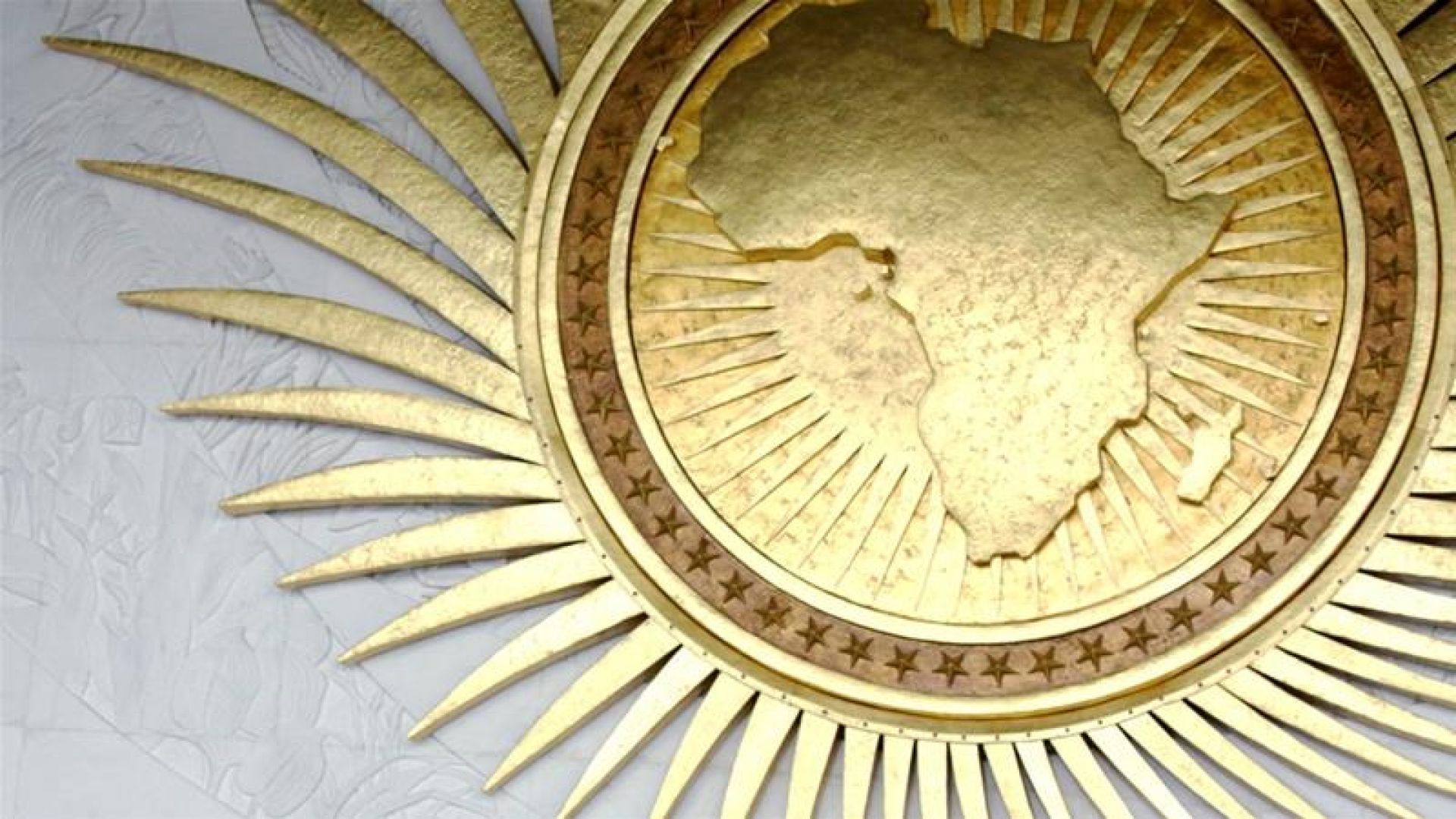
CGTN Discussion: Impact of COVID-19 on peace and security in Africa
What are the implications of the novel coronavirus to peace and security on the African continent? CGTN’s Coletta Wanjohi talked to Bitania Tadesse, the Programme Director – Amani Africa to seek her views on the matter.
Tadesse: “The key issue related to peace and security is also the disruption of for example mediation efforts that are ongoing, the implementation of peace agreements that are still ongoing but unfortunately are being interrupted by this pandemic due to the challenges on restriction of movements and mobility of people and goods. This has also affected peacekeeping operations. In these particular situations, this particular vacuum has also been used by non-state actors by terrorist groups to incite further violence, to gain a military advantage in different areas.”
CGTN Correspondent: “One would easily argue that all member states are busy trying to combat COVID-19 and implementation of measures that are taken by the AU Peace and Security Council might not really be taken at a fast pace as they would have loved.”
Tadesse: “It’s really up to governments, national governments to also respond effectively and immediately based on the needs and based on the emerging challenges of their own national jurisdiction. But they have the support of the African Union, they have the support of all these specialized technical agencies including the Africa CDC. They have the political support of the African Union Peace and Security Council. But all these intergovernmental bodies need the support of member states, they need the buy-in and political will of member states to actually implement those decisions at their own national level.
CGTN Correspondent: “On the aspect of mediation , there have been several mediation processes that were ongoing before COVID-19 happened. Do you think it’s time for the continent to think outside the box and look for other means other than face to face mediation processes or facilitation?”
Tadesse: “I personally think that a certain kind of… the diplomatic world, in particular, requires that kind of interpersonal kind of engagement for the negotiations, for the kind of…to build a common agenda. To build that kind of common vision, it requires that kind of interpersonal engagement, so I do not know to what extent that it would be possible, in my opinion. But then again the meditation part and consultations, of course, there are some that are still ongoing and are happening but have been distracted. But the most important thing for Africa is also to focus on the prevention aspect. The ones that do not necessarily require a lot of …prevention is like a little bit less expensive than either mediation or peacekeeping missions and peacekeeping support.”
CGTN Correspondent: “The aspect of humanitarian access is one that has been talked about very much especially for countries that are still affected by peace and security issues.How do we go about this in a situation whereby movement is a problem, people fear for their own lives, how do we go about this?”
Tadesse: “We already have like set standards, humanitarian standards that need to guide us in times of conflict and in times of these kinds of emergencies and these kinds of pandemics, global as well as continental set standards that we need to stand by, we need to abide by these kinds of standards.”






